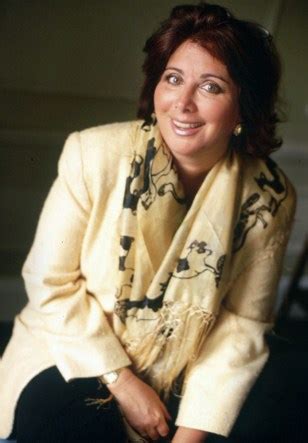A Quote by Dean Koontz
If you want to publish two books a year under your own name and your publisher doesn't, maybe you need a different publisher.
Related Quotes
Each of my books has taken me a different length of time to write - eight months for 'Seesaw Girl,' eight months for 'Shard,' three years for 'When My Name Was Keoko!' The publisher takes another year and a half to work on the book, so altogether each book can take up to three or four years to publish.
As soon as I finished 'The Finkler Question,' I was in despair. I'd changed my English publisher because they'd been lukewarm about it and not offered enough money. The American publisher didn't like it. The Canadian publisher didn't like it... I'd been bleeding readers since my first novel, and I could see my own career going down.
I sent a lot of publishing ideas to my publisher, about 30 of them. Each time except 3, i got a "rejection letter". This is basically what a rejection letter is like: Hello Pathetic Moron, We read your book. It sucked. Don't send us another one. If you do, we will run over your grandmother with a bus. Don't Do It. From, Your Publisher
In the war time many of the publishing houses were privately owned, a single publisher or a publisher and a few associates who were responsible for everything. They could take whatever risks they wanted, could essentially publish what they liked according to their taste. Publishers today are working for big corporations. They have different pressures. I don't think they can make decisions quite as independently as they used to be able to. They have more corporate and financial responsibilities weighing on them. They're not free to go broke or go to jail.
No publisher should ever express an opinion on the value of what he publishes. That is a matter entirely for the literary critic to decide. I can quite understand how any ordinary critic would be strongly prejudiced against a work that was accompanied by a premature and unnecessary panegyric from the publisher. A publisher is simply a useful middle-man. It is not for him to anticipate the verdict of criticism.


































